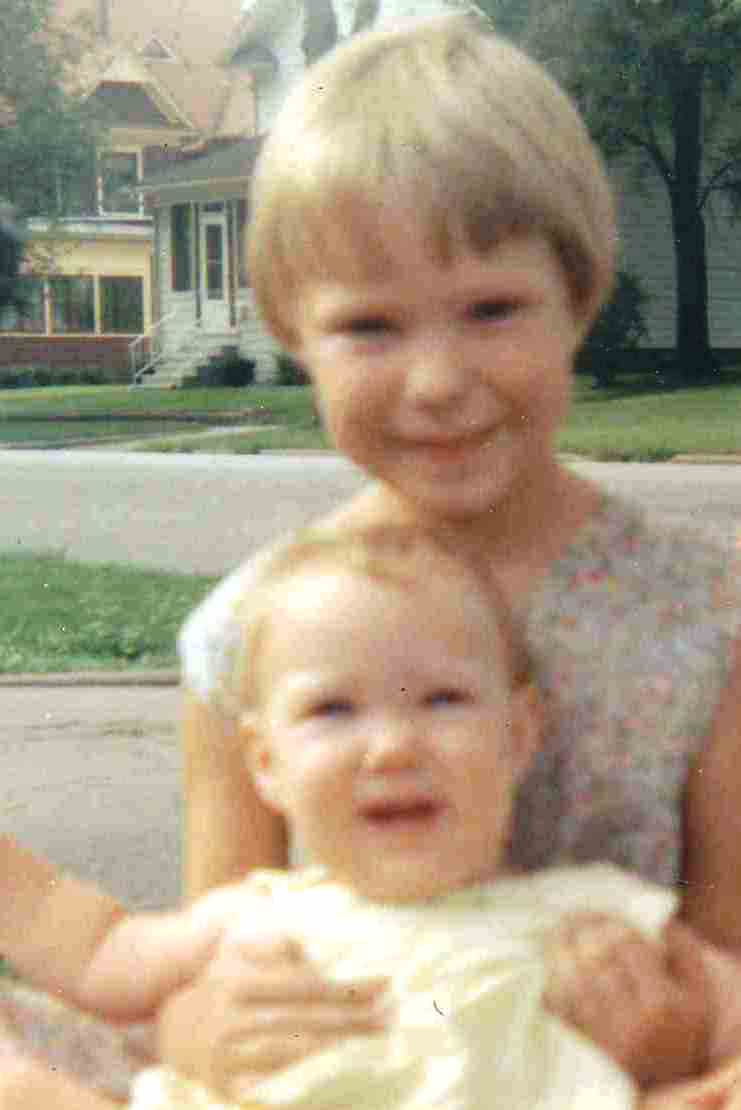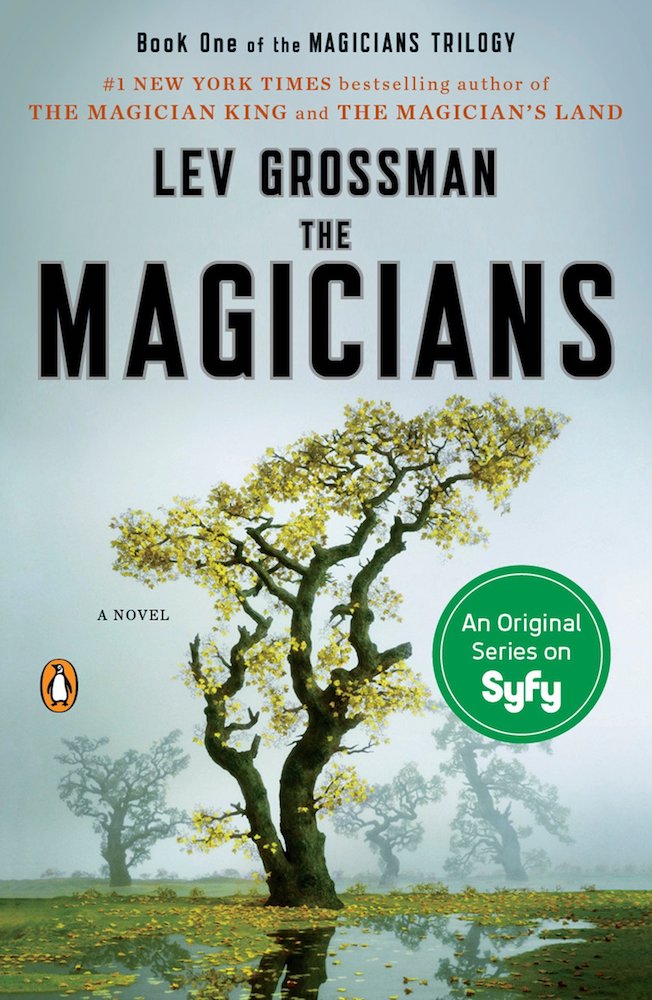Nicole Mueller is a lawyer in a high-powered law firm, but after years of success, she’s struggling. She’s been put on watch after (in the partners’ opinion) she’s had a lackluster year, her relationship with her husband Dan is tense, and she’s not even sure where she’ll call home when Dan’s and her stake in the family apartment is in question. To say she’s on edge is an understatement. When she receives an invitation from a women’s networking group (Panthera Leo), she thinks it might be the answer to all her problems.
If a thriller can be judged by how engaged you are while reading it, then PLEASE JOIN US is top-notch. The opening chapter grabbed me, and the book didn’t let go until the final page. The book starts with an SOS that Nicole receives from a friend and fellow Panthera Leo member, and there isn’t a slow moment in the narrative after that. Despite moving from present to the past and back again through much of the book, the plot is easy to follow, and I didn’t feel any of the confusion I often have when trying to keep up with where and when I am in a book that uses that device.
I’ve read a lot of Catherine McKenzie’s books, and the thing I like best about her writing is that I never stop wondering where the story is leading until the end. Her plots twist and turn, and just when I think I have everything figured out, I find that I’ve miscalculated yet again. I’m not sure what method she uses for plotting and keeping track of her characters and their motives, but she could probably teach a master class in it.
Lest you think that the plot and pacing are the only stars of PLEASE JOIN US, know that the characters in it are also terrific. While Nicole is the most fully formed of the people you meet—of course—even those on the periphery become full figures, and their relationships seem real in a way that is often missing in the genre. The relationship between Nicole and Dan is really well drawn—something I found particularly impressive considering the fast pace of the novel.
McKenzie is an author whose books I order the moment I hear there will be a new one, and nothing about PLEASE JOIN US changed my mind on that. I’m already looking forward to her next one.










